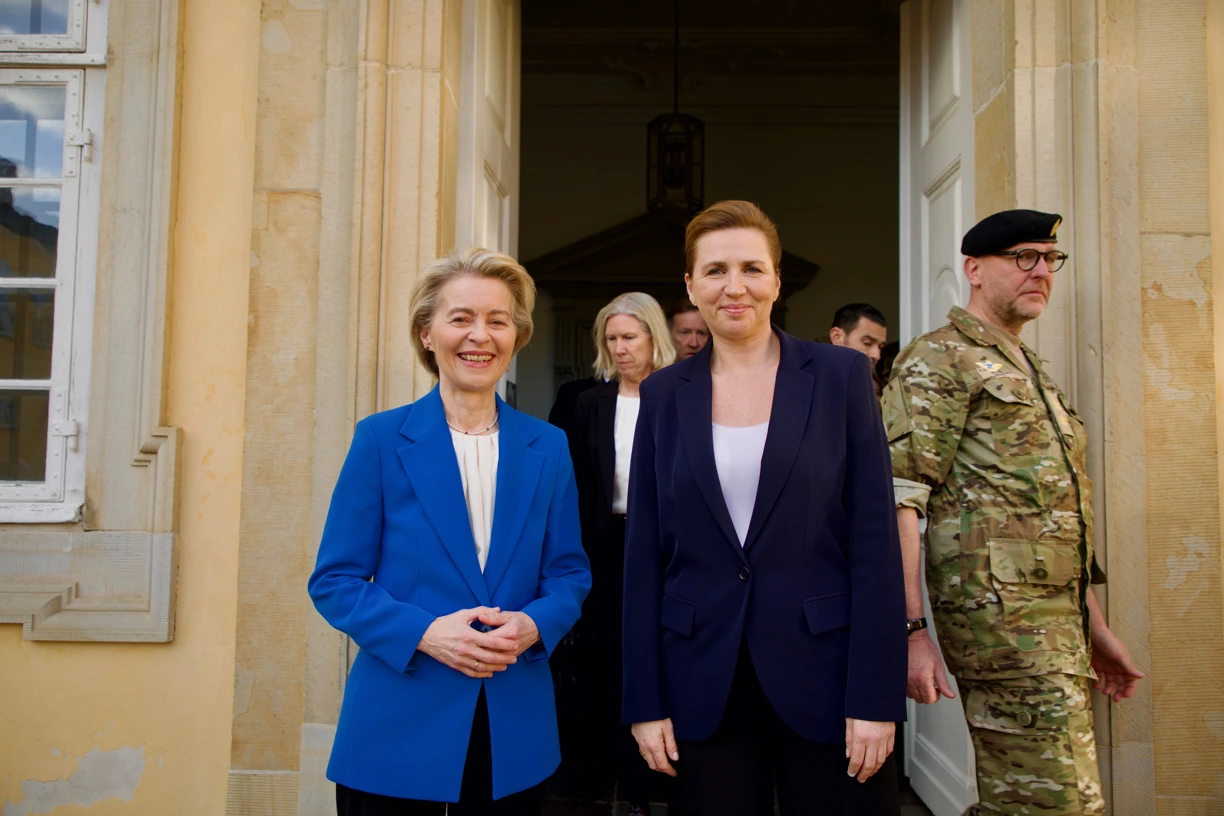The British electorate have voted by a narrow majority to leave the European Union and Prime Minister David Cameron has reacted by announcing his resignation. Furthermore, there is internal pressure within the Labour Party Shadow Government for the Labour leader to do the same.
Short-term impacts
The immediate aftermath of the leave vote sees a sell-off of UK financial assets and a sharp depreciation in Sterling. While the weaker currency provides some support to UK exports during the negotiation period, uncertainty over the future of the UK’s relationship with the EU weighs on business and consumer sentiment and depresses UK growth.
Similar, but smaller impacts may be felt in a number of European economies. A potential second scenario may be that the UK referendum fuels a further bout of political and market uncertainty across the rest of Europe, reigniting debt-sustainability concerns as growth slows significantly.
Domestic challenges
The UK government also faces a number of specific domestic challenges.
The balance of payment deficit – for 2015 as a whole, the current account deficit hit £96.2 billion (5.2 percent of the GDP), which is the widest since records began in 1948.
The trade deficit – the UK trade deficit in the first quarter of 2016 was the biggest since 2008 with a clear decrease in economic growth.
Trade competitiveness – challenges include relative inflation rates, labour productivity growth, levels of infrastructure (transport), the cost of business (levels of regulation), and exchange rates.
The north-south divide – a prosperous southeast and an increasingly impoverished north.
‘Health service challenges – mounting deficits, worsening performance and declining staff morale leave the NHS facing its biggest challenges for many years.
Long-term effects
The important questions about the longer-term consequences of the UK leaving the EU include: how will trading patterns be affected by Brexit?; what will be the impact of Brexit on capital flows, including FDI?; how might restrictions on the free movement of people affect migration flows?, and how will this feed through to the labour market and the wider economy?; and what will regulatory freedoms mean for the business environment?












